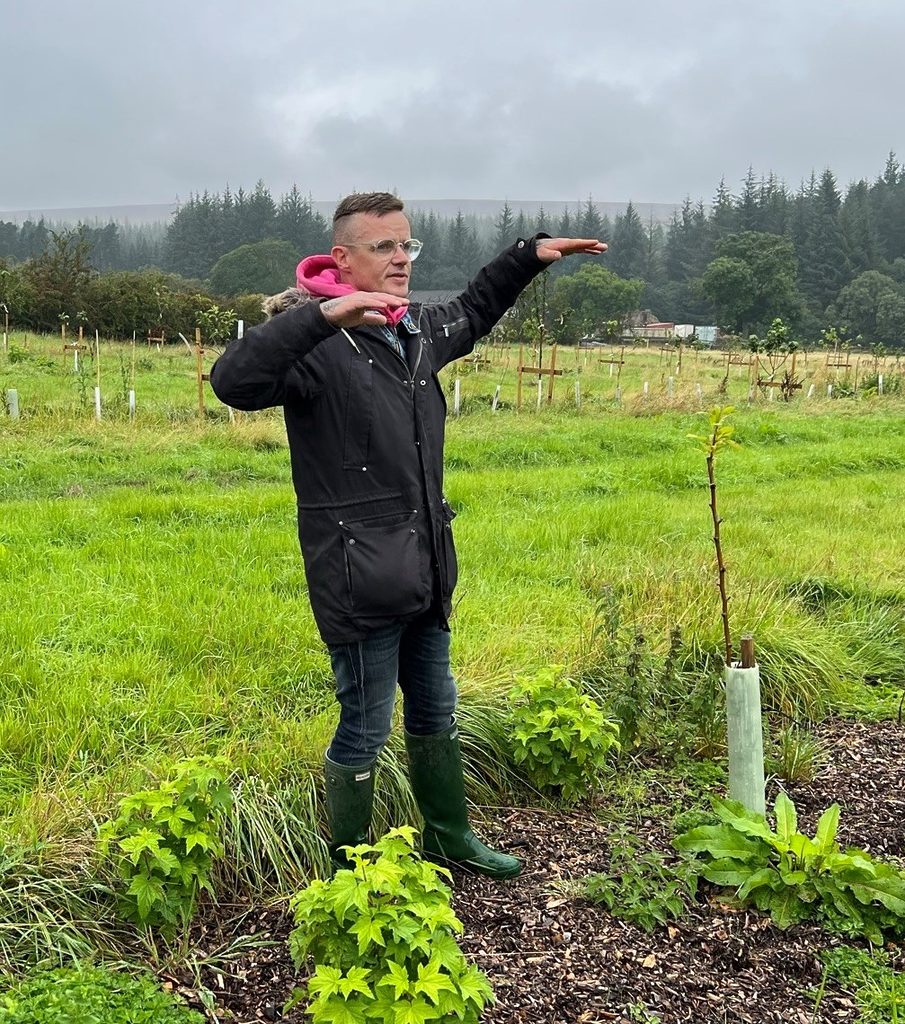A new approach to farming and land management across the Swinton Estate in North Yorkshire is the goal of a new partnership. Leading regenerative agriculture company, RegenFarmCo, will work with the Swinton Estate to create innovative upcycling and agroforestry projects across its 20,000 acres.
Regenerative agriculture is a farming practice that improves agricultural land, often using natural techniques to make land more fertile and capture more carbon, increasing yields and having a positive environmental impact. These techniques can help combat climate change and promote long-term agricultural sustainability, whilst offering an economically viable approach to farmers.
 One of the key projects for the partnership is the introduction of agroforestry. The cultivation of crops on the same land as trees has numerous environmental benefits, as well as providing habitats for birds, insects and other wildlife. Agroforestry differs from traditional forestry and agriculture by focusing on the interactions among trees, crops and soil rather than just on the individual components themselves. The innovative technique can enhance soil fertility, reduce water runoff, and sequester significant amounts of carbon dioxide, helping to mitigate climate change.
One of the key projects for the partnership is the introduction of agroforestry. The cultivation of crops on the same land as trees has numerous environmental benefits, as well as providing habitats for birds, insects and other wildlife. Agroforestry differs from traditional forestry and agriculture by focusing on the interactions among trees, crops and soil rather than just on the individual components themselves. The innovative technique can enhance soil fertility, reduce water runoff, and sequester significant amounts of carbon dioxide, helping to mitigate climate change.
“We are delighted to be working with the Swinton Estate to further our mission of advancing regenerative food activities,” said Dr Vincent Walsh, CEO of RegenFarmCo. “This collaboration represents a significant milestone in our efforts to create a more sustainable and resilient regional food system. We are confident that our agroforestry system will serve as a model for others and inspire widespread adoption of regenerative practices.”
For the Swinton Estate, the partnership represents another significant step forwards in its extensive sustainability and environmental stewardship programme. The partnership will also see RegenFarmCo and Swinton Estate working with others to share the knowledge acquired from the implementation of regenerative farming, through knowledge exchanges, training opportunities and encouraging others to get involved.
“The impact of regenerative farming can be huge. From a land management perspective, it can help reduce flooding by slowing the rate and reducing the volume of water entering our rivers during storms. Improving the quality of soil means that land can be more profitable for farmers, helping food production become more resilient. Carbon capture has an enormous positive environmental impact, and can even generate additional income streams from agricultural land. We want to demonstrate the potential for this kind of farming in Yorkshire and beyond, contributing to a greener and healthier future for everyone,” says Iain Shelton, Chief Executive of the Swinton Estate.
